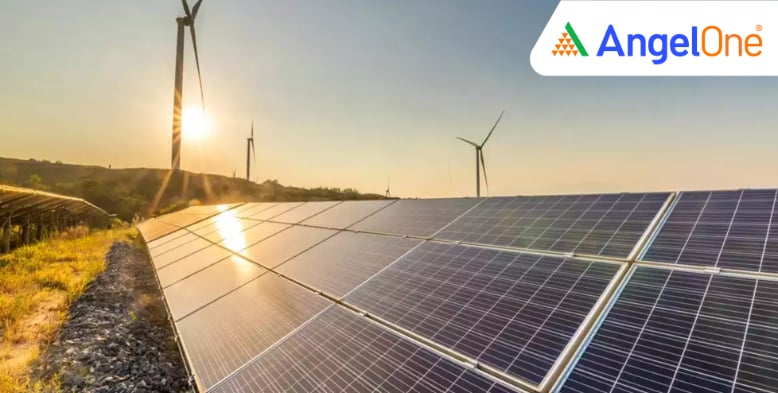
Karnataka achieved a historic milestone on Monday by generating 143 million units of renewable energy, accounting for approximately 80% of the state's daily power demand.
The Energy Department attributed this record performance to significant increases in renewable power generation over recent months, driven by favourable monsoon conditions and strategic renewable energy investments.
The achievement resulted from exceptional wind generation producing 65.8 million units, combined with solar contributing 22.6 million units and hydro generating 55.3 million units. Good rainfall reduced agricultural power consumption whilst creating ideal conditions for renewable energy production. Currently, wind power generates over 50 million units daily, with thermal sources contributing only 15-25% of state energy generation.
| Period | Daily Power Demand | Key Factors
|
|---|---|---|
| Current (Monsoon) | 179.03 million units | Heavy rains, reduced agricultural demand |
| Same Period Last Year | 200.35 million units | Higher baseline demand |
| Summer Peak Expected | 350 million units | Pre-monsoon rains kept demand at 320-330 million |
| May 16-17 (Early Monsoon) | 230-240 million units | Early monsoon onset, pre-monsoon showers |
Energy Minister K J George emphasised that renewable energy generation at lower costs reduces government burden, making it a strategic priority. The approach reduces load on hydro and thermal power plants, creating capacity reserves for summer demand periods whilst ensuring a sustainable energy supply. This strategy demonstrates Karnataka's commitment to achieving renewable energy goals through ambitious planning and execution.
Read More: Hinduja Group aims to invest $4 billion to expand its green energy capacity threefold by 2030!
Additional Chief Secretary Gaurav Gupta credited several initiatives, especially solar parks and wind power projects, for increasing Karnataka's renewable energy capacity. The strategic investments in renewable infrastructure have enabled the state to capitalise on favourable weather conditions, whilst reducing dependence on thermal power generation and central generation station purchases.
The combination of reduced power demand and increased wind and solar generation has decreased power purchases from central generation stations, resulting in lower government expenditure on power procurement. This economic benefit reinforces the financial viability of Karnataka's renewable energy strategy whilst supporting the state's broader sustainable development objectives.
Karnataka's achievement of 143 million units of renewable energy generation, meeting 80% daily power demand, represents a significant milestone in India's clean energy transition.
Disclaimer: This blog has been written exclusively for educational purposes. The securities or companies mentioned are only examples and not recommendations. This does not constitute a personal recommendation or investment advice. It does not aim to influence any individual or entity to make investment decisions. Recipients should conduct their own research and assessments to form an independent opinion about investment decisions.
Investments in securities are subject to market risks. Read all related documents carefully before investing.
Published on: Aug 21, 2025, 3:20 PM IST

Team Angel One
We're Live on WhatsApp! Join our channel for market insights & updates
